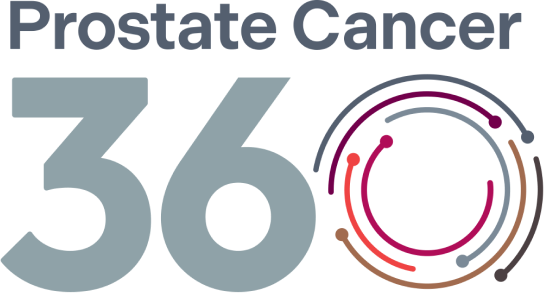Support for men with prostate cancer
Talking to other men and caregivers facing the same challenges can be immensely helpful. Below is a list of organizations that provide resources and run support groups for men living with prostate cancer.
Get the support you need






